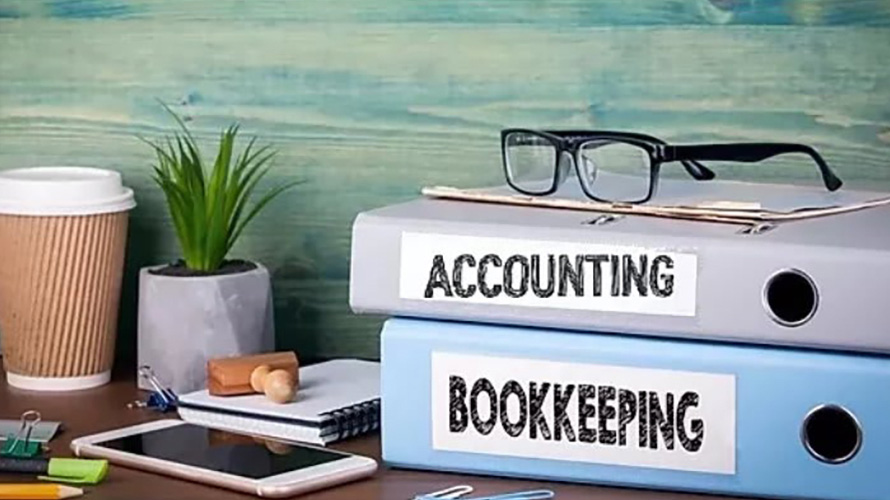The Top 3 Tax Deductions Small Business Owners Shouldn’t Miss Out On

When you are running a small business, every penny counts. One way to make sure you are maximizing your financial resources is by taking advantage of tax deductions. Tax deductions can help lower your taxable income, which means you keep more of your hard-earned money in your pocket. Here are the top three tax deductions that small business owners should not miss out on:
1. Home Office Deduction
Many small business owners operate their businesses from home, especially in today's digital age. If you use a portion of your home exclusively for business purposes, you may qualify for the home office deduction.
Qualifications for the Home Office Deduction
- You must regularly and exclusively use part of your home for conducting business.
- Your home office must be your principal place of business.
- You must use the space solely for business purposes – it cannot double as a personal space.
Benefits of the Home Office Deduction
- Reduces taxable income, leading to lower tax liability.
- Allows you to deduct a percentage of expenses like mortgage interest, utilities, insurance, and depreciation.
- Simple to calculate using the simplified method ( $5 per square foot of the area used for business, up to a maximum of 300 square feet).
2. Vehicle Expenses
If you use a vehicle for business purposes, you may be able to deduct the expenses related to that vehicle. Whether you use your car exclusively for business or for a mix of business and personal use, you can still claim a deduction.
Types of Vehicle Expenses You Can Deduct
- Standard mileage rate deduction: Use the standard mileage rate set by the IRS for each business mile driven.
- Actual expense deduction: Deduct the actual costs of operating the vehicle for business, including gas, maintenance, insurance, and depreciation.
Keep Detailed Records
To claim vehicle expenses, it's crucial to maintain detailed records of your business mileage and expenses. Make sure to keep a mileage log and receipts for all vehicle-related costs.
3. Retirement Contributions
As a small business owner, planning for retirement is essential. By making contributions to retirement accounts, you not only secure your financial future but also enjoy tax benefits in the present.
Types of Retirement Accounts for Small Business Owners
- Traditional IRA: Contributions may be tax-deductible, and earnings grow tax-deferred until withdrawal.
- Solo 401(k): Allows for higher contribution limits than a Traditional IRA and may offer a tax deduction on contributions.
- Simplified Employee Pension (SEP) IRA: A tax-deductible retirement plan for self-employed individuals and small business owners.
Benefits of Retirement Contributions
- Reduce taxable income, lowering your current tax liability.
- Grow your retirement savings tax-deferred until withdrawal, allowing for compounding growth over time.
- Take advantage of employer contributions to further boost your retirement nest egg.
In Conclusion
As a small business owner, it's crucial to take advantage of all the tax deductions available to you. By leveraging deductions like the home office deduction, vehicle expenses, and retirement contributions, you can keep more money in your pocket and invest in the growth of your business.
Remember to consult with a tax professional to ensure you are maximizing your deductions and staying compliant with tax laws. By staying informed and proactive in your tax planning, you can set your small business up for financial success in the long run.
Leave a Reply
You must be logged in to post a comment.